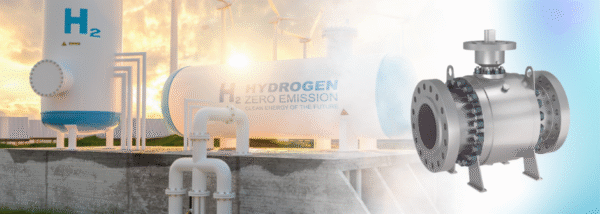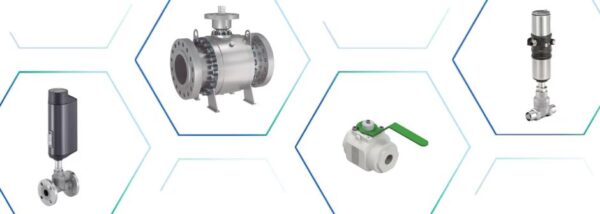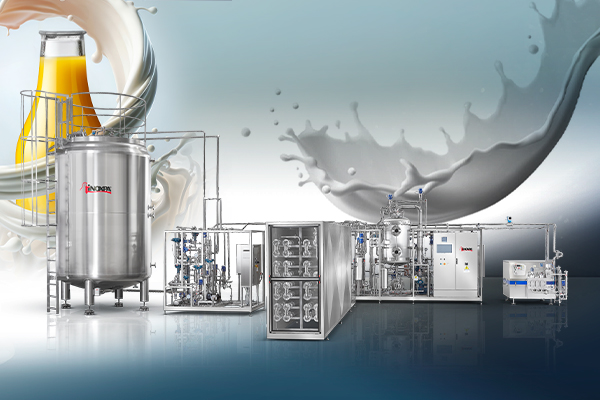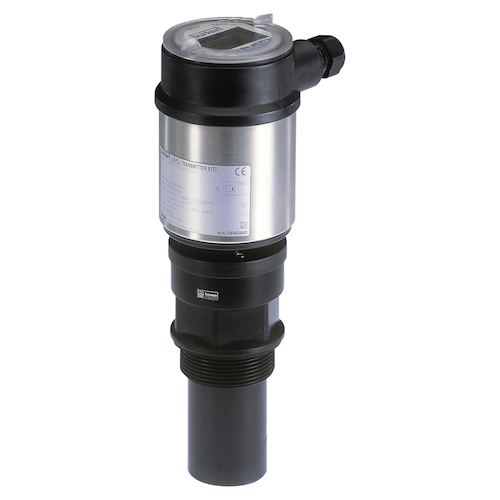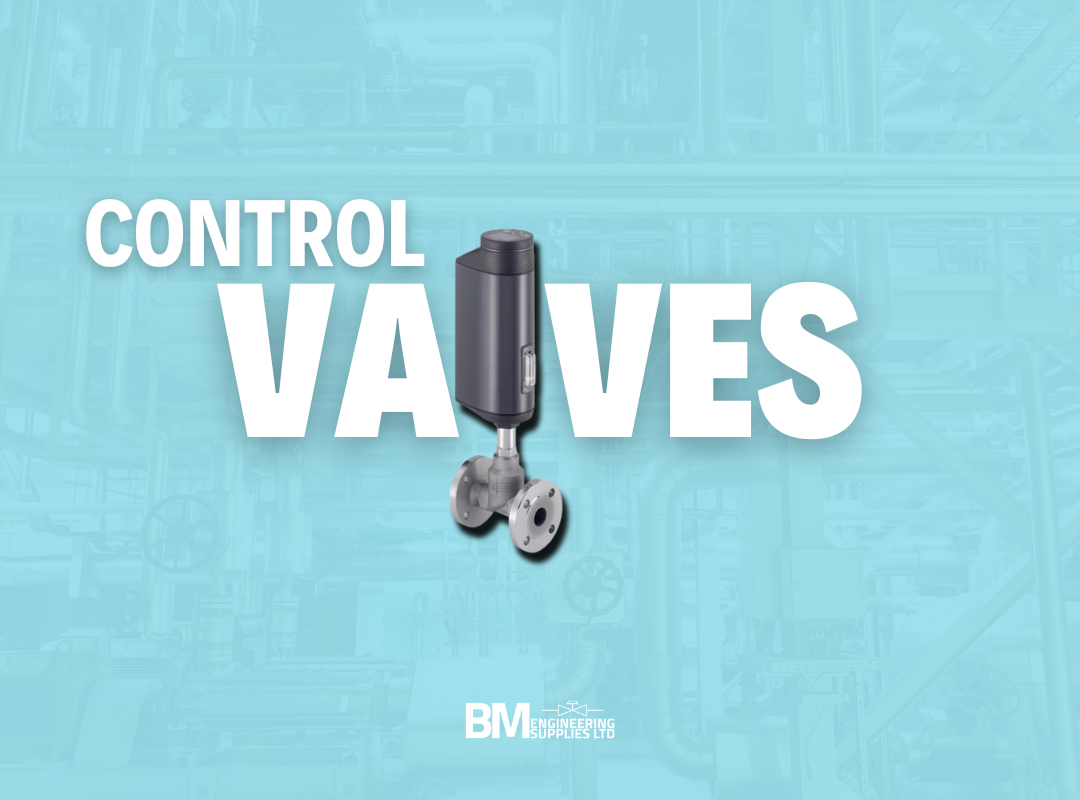
Control and process valves for hydrogen applications
What types of control and process valves are available?
Various Control and process valves are available for hydrogen applications, each optimised for meeting specific requirements. These include valves for pressure control, sealing off gases and liquids, and check valves and safety valves.
We distinguish between:
1. Ball valves:
Specialising in the pneumatic or electromotive shut-off and control of generated gases in hydrogen processes. Suitable for very high flow rates, pressures, and temperatures. Quick and easy opening and closing ensure safe gas shut-off.
2. Electromotive control valves:
Electromotive-driven process valves are particularly suited for applications requiring highly precise gas flow control. Fast response times and seamless integration into automation systems are advantageous in dynamic processes. Position feedback indicators enable precise and rapid tracking of valve positions. Variants include angle seat valves, globe valves, and diaphragm valves tailored to specific applications.
3. Electro-pneumatic control valves:
Electropneumatic process valves are ideal for applications that demand ultra-precise gas flow control. Their fast response times and seamless integration into automation systems are particularly advantageous in dynamic processes. Position feedback indicators enable precise and rapid tracking of valve positions. Variants include angle seat valves, globe valves, and diaphragm valves depending on the application.
Did you know?

In hydrogen applications, control valves are subjected to high-pressure and temperature conditions. They need to be able to handle pressures of up to 40 bar and operate safely at high temperatures. The connection between pressure and temperature is critical for regulating gases. For example, to maintain oxygen in a gaseous state, the temperature must be reduced when the pressure is raised. This relationship is explained by the ideal gas law, which states that an increase in pressure at constant gas quantity and volume results in a temperature rise, and conversely.
H2 applications require valves to have an exceptional level of tightness

In contrast to other applications, the production or use of hydrogen requires an especially high level of valve tightness. If leaks occur, this presents a hazard or reduces the efficiency of the system. Control valves, therefore, need a tightness of 10–4 mbar∙l/s.
Which certifications are important for control and process valves used in hydrogen applications?
- ISO 15848 – Defines test procedures and leakage classes for industrial armatures and valves
- Directive (TA) – Air – Regulates emissions from industrial plants
- ATEX – Certification for components used in potentially explosive atmospheres
- ASME B16.34 – Sets requirements for valves in pressure applications
- PED – Regulates the design and use of pressure equipment, including valves
- Manufacturer’s Declaration – Certifications from valve manufacturers regarding performance, quality, and reliability
The process and control valves from Bürkert measure up to these exacting standards at all times.
Electromotive control valves in operation – what is possible?
Before using fuel cell systems in series, conduct rigorous testing under various conditions and parameters. This testing allows for the assessment and optimisation of performance, range, and service life. Additionally, test facilities must maintain high flexibility. To achieve this, use fluidic components from Bürkert, including flow controllers and valves. These components must operate precisely and reliably, tailored to specific application needs. For example, materials for hydrogen applications must resist brittleness. Meanwhile, materials for deionised water must avoid corrosion. Thus, careful material selection is essential for successful fuel cell operation.
The technical report from the field demonstrates how Segula Technologies GmbH is using adjustable fluidic components to introduce flexibility into the design of their H2 test benches.”
Visit our online store at www.bmengineering.com/store
or contact BM Engineering Supplies today
at 0141 762 0657 or via email at sales@bmengieering.co.uk.

